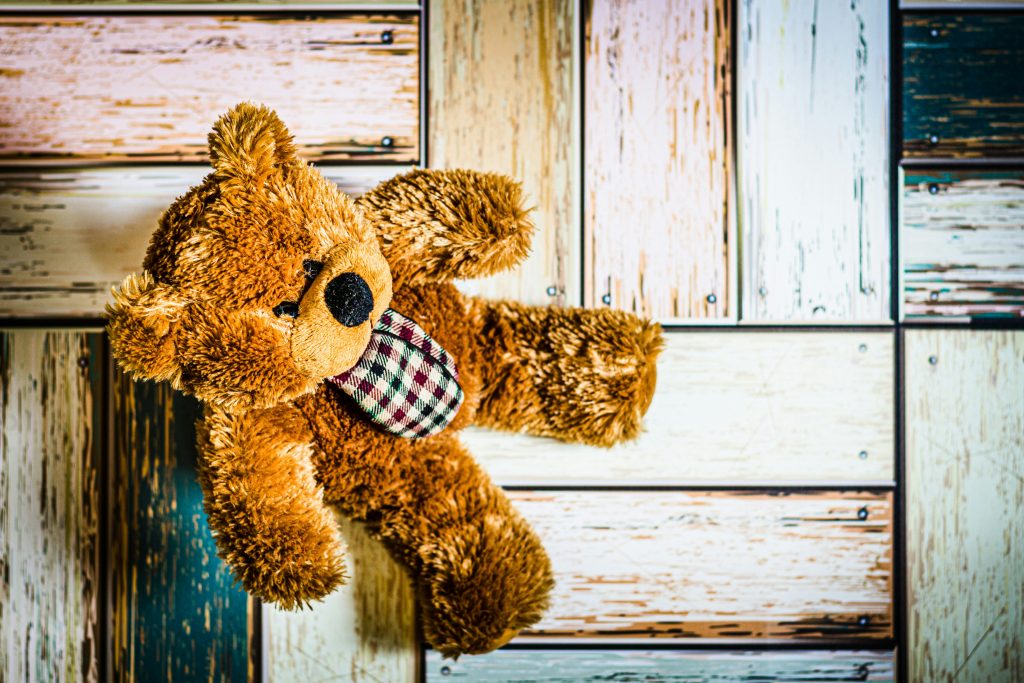
The impacts of a damaging childhood can be far reaching and it’s natural that you find yourself wondering if it’s ever possible to really recover and feel happy.
Whether that damage came about through the absence of something (emotional warmth, security, safe attachment figures) or through the presence of something (violence, poverty, racism) you may well still be feeling the effects of it today.
As an adult you’re probably trying your hardest to leave it all behind and ‘move on’, but sometimes old patterns and feelings can keep showing up. You might feel like the past follows you wherever you go and whatever you do. And the truth is that what happened to us shapes us; it’s an integral part of who we are now. How we are parented forms the basis of our attachment styles, which in turn affects relationships with others in our adult lives.
BUT, we can learn to lessen the impact of a damaging childhood. I’m going to share some key things that I hope will help with this.
It takes courage to confront our actions, peel back the layers of trauma in our lives, and expose the raw truth of our past. But this is where healing begins
Oprah Winfrey (What Happened to You?)
Moving on means facing it, not ignoring it
I’m sorry.
You might not want to read that but it’s true.
We can think that moving on means not thinking about it ever again. The reality is that in order to move forward, we need to really know what’s behind us. That means taking a deep breath, letting your loved ones or a trusted therapist be alongside you and take the time to acknowledge the pain, damage, hurt and harm that was done to you.
It involves grieving for the child you were, and the safe, loving childhood you didn’t have.
What you find might surprise you
In amongst the memories that hurt, you may also unearth some that make you smile.
We are never entirely one thing. In the process of looking back you will also remember the dinner lady who always gave you extra helpings, or how much you loved watching a certain TV show with your brother or the pride you felt when your teacher admired your artwork. These memories are as much yours as the painful ones.
Spend time on them too – they mattered.
Be open to the gains from your childhood
No child should ever suffer.
There is no ‘silver lining’ to being harmed instead of protected, but what aspects of you have come about because of your childhood?
Can you consider and admire the strengths you now have as an adult that came from the adversity you went through?
Let go of expectations of forgiveness and aim for acceptance
Whether you feel you ‘should’ forgive others for what happened to you, or other people say that you need to in order to move forwards, your personal feelings are yours and they are valid. If you can’t forgive and it’s eating you up trying to understand or make sense of what happened, then it’s time to stop.
Acceptance isn’t saying that anything that happened was ok, nor is it denying the impact. It’s saying that we’ve done the work now. We know what happened, we understand how it’s affected us and we’re choosing to focus our energies on our lives now and in the future.
Change what can be changed, not what can’t
You may have been a victim during your childhood. You were small and powerless and the world and the adults in it were big and powerful.
- As the adult you now are, with all the knowledge, skills and resource that you have, how can you take care of yourself?
- What does the scared or helpless feeling part of you inside actually need?
- How can the adult part of you show up for them?
- Are there recurring patterns in your relationships that are toxic or harmful and need to change?
- Do you step up and challenge people who try to take advantage of you?
Listen out for an internal narrative that keeps you helpless eg. “it’s not my fault, I can’t help it, these things always happen to me”. Thinking this can keep you stuck feeling powerless. When we get brave and honest about our own responsibilities (yes, that means admitting we screw up sometimes!) we start that journey from helplessness to power.
There’s further helpful information and support available from NAPAC (National Association for People Abused in Childhood).
Book recommendations if you’d like to read more:
What Happened to You? By Oprah Winfrey and Bruce D. Perry
Complex PTSD: From Surviving to Thriving by Pete Walker
Adult Children of Emotionally Immature Parents: How to Heal from Distant, Rejecting or Self-Involved Parents by Lindsay C. Gibson.

Leave a Reply